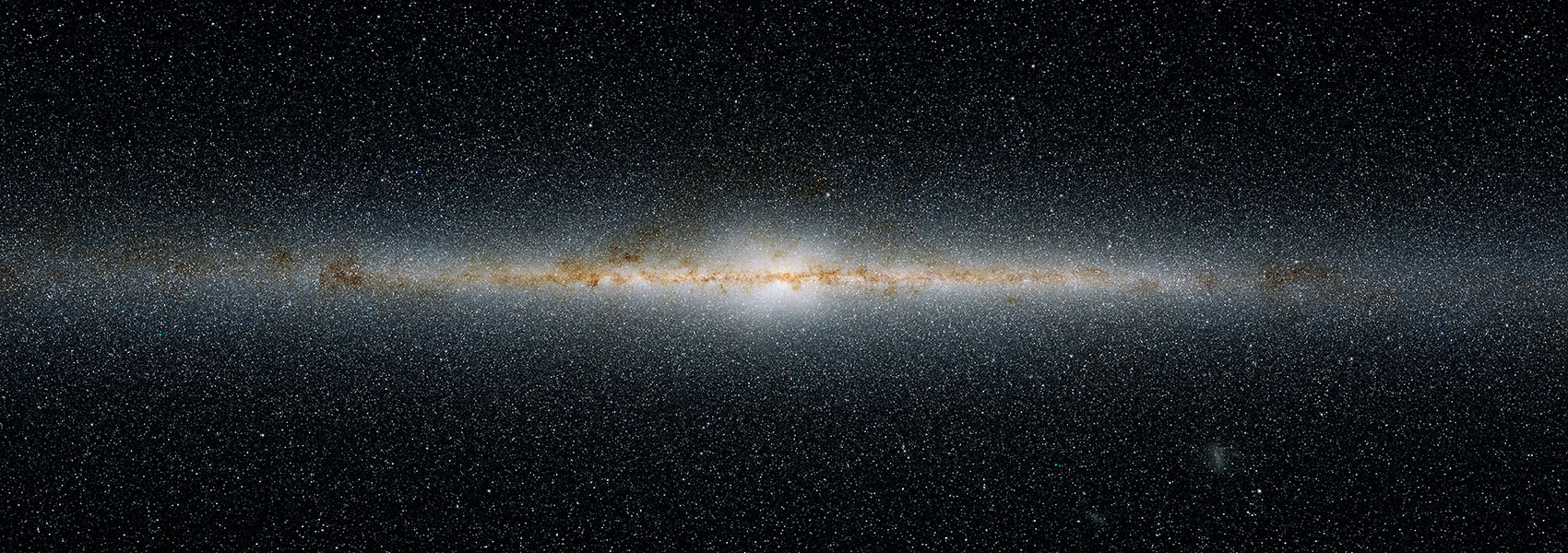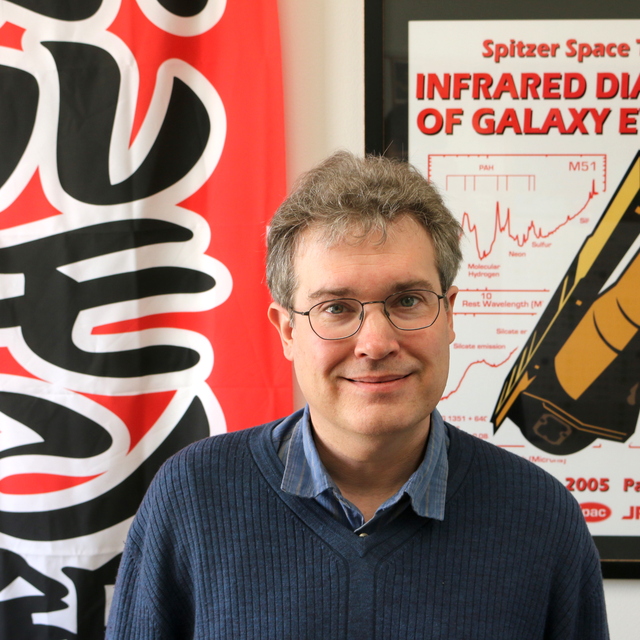September
2019
•
2019ApJS..244...16W
Authors
•
Whitaker, Katherine E.
•
Ashas, Mohammad
•
Illingworth, Garth
•
Magee, Daniel
•
Leja, Joel
•
Oesch, Pascal
•
van Dokkum, Pieter
•
Mowla, Lamiya
•
Bouwens, Rychard
•
Franx, Marijn
•
Holden, Bradford
•
Labbé, Ivo
•
Rafelski, Marc
•
Teplitz, Harry
•
Gonzalez, Valentino
Abstract
•
This manuscript describes the public release of the Hubble Legacy Fields (HLF) project photometric catalog for the extended GOODS-South region from the Hubble Space Telescope (HST) archival program AR-13252. The analysis is based on the version 2.0 HLF data release that now includes all ultraviolet (UV) imaging, combining three major UV surveys. The HLF data combines over a decade worth of 7475 exposures taken in 2635 orbits totaling 6.3 Ms with the HST Advanced Camera for Surveys Wide Field Channel (ACS/WFC) and the Wide Field Camera 3 (WFC3) UVIS/IR Channels in the greater GOODS-S extragalactic field, covering all major observational efforts (e.g., GOODS, GEMS, CANDELS, ERS, UVUDF, and many other programs; see Illingworth et al.). The HLF GOODS-S catalogs include photometry in 13 bandpasses from the UV (WFC3/UVIS F225W, F275W, and F336W filters), optical (ACS/WFC F435W, F606W, F775W, F814W and F850LP filters), to near-infrared (WFC3/IR F098M, F105W, F125W, F140W and F160W filters). Such a data set makes it possible to construct the spectral energy distributions (SEDs) of objects over a wide wavelength range from high-resolution mosaics that are largely contiguous. Here, we describe a photometric analysis of 186,474 objects in the HST imaging at wavelengths 0.2-1.6 μm. We detect objects from an ultra-deep image combining the PSF-homogenized and noise-equalized F850LP, F125W, F140W, and F160W images, including Gaia astrometric corrections. SEDs were determined by carefully taking the effects of the point-spread function in each observation into account. All of the data presented herein are available through the HLF website (https://archive.stsci.edu/prepds/hlf/).
Links




